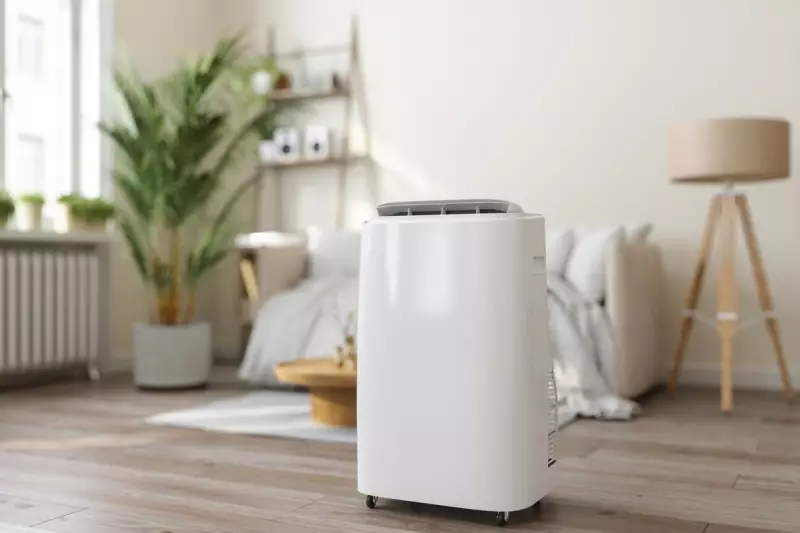
As energy prices remain stubbornly high across Britain, homeowners are increasingly conscious about the running costs of every household appliance. Among these, dehumidifiers have become essential tools for combating dampness and mould, particularly in older British properties and during the notoriously wet winter months.
What Really Determines Your Dehumidifier's Running Cost?
Several key factors influence how much you'll pay to keep your home dry:
- Dehumidifier Type: Compressor models work best in warmer conditions, while desiccant dehumidifiers perform consistently regardless of temperature
- Size and Capacity: Larger units designed for bigger spaces naturally consume more energy
- Usage Patterns: How many hours per day you run the unit significantly impacts costs
- Energy Efficiency Rating: A-rated models can be substantially cheaper to run
- Local Humidity Levels: Damp regions like Cornwall will see higher running costs than drier areas
Breaking Down the Numbers: A Realistic Cost Analysis
Based on current UK energy prices, running a typical 20-litre dehumidifier for 12 hours daily could cost between £1.20 and £2.40 per week. However, this varies dramatically depending on your specific model and electricity tariff.
Smart Ways to Reduce Your Dehumidifier Costs
- Choose the Right Type: Select compressor models for warmer rooms and desiccant types for cooler areas like garages or basements
- Use a Hygrometer: Monitor humidity levels and only run your dehumidifier when levels exceed 50-55%
- Time It Right: Run your unit during off-peak hours if you're on a time-of-use tariff
- Maintain Regularly: Clean filters monthly to ensure optimal efficiency
- Seal Your Space: Close windows and doors while the dehumidifier is operating
The Hidden Benefits: More Than Just Fighting Damp
While the running cost is important, dehumidifiers offer significant benefits that can save you money elsewhere. By preventing dampness, they help protect your property from structural damage, reduce heating costs (as dry air feels warmer), and improve indoor air quality – particularly valuable for asthma and allergy sufferers.
Modern energy-efficient models represent a smart investment for British households struggling with moisture issues. The key is finding the balance between effective humidity control and manageable energy consumption.





